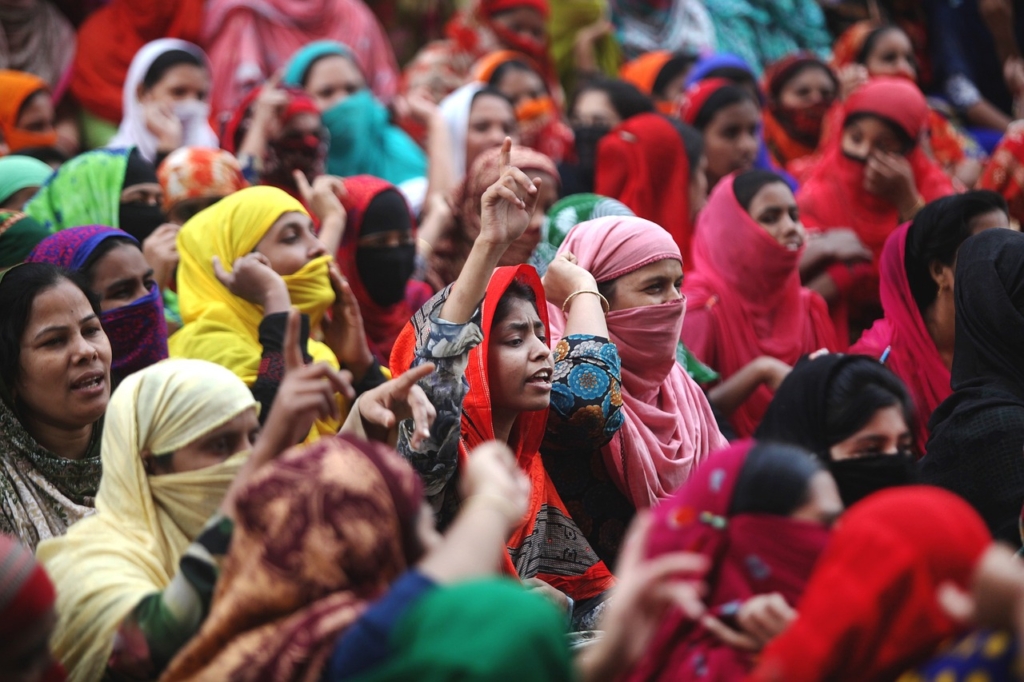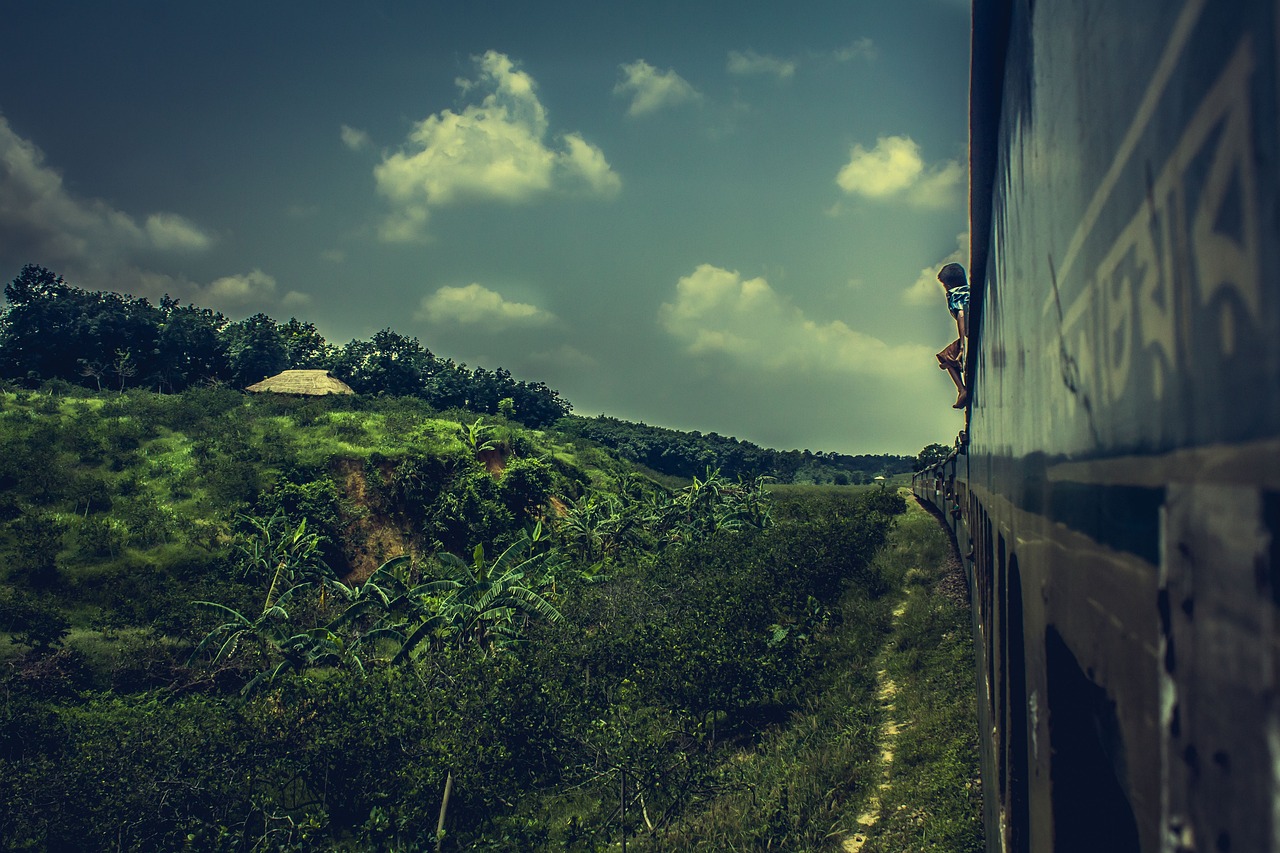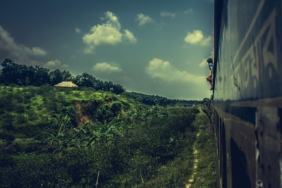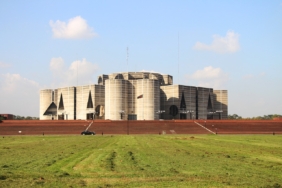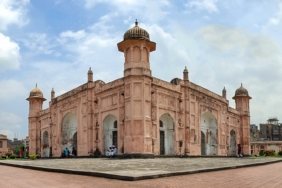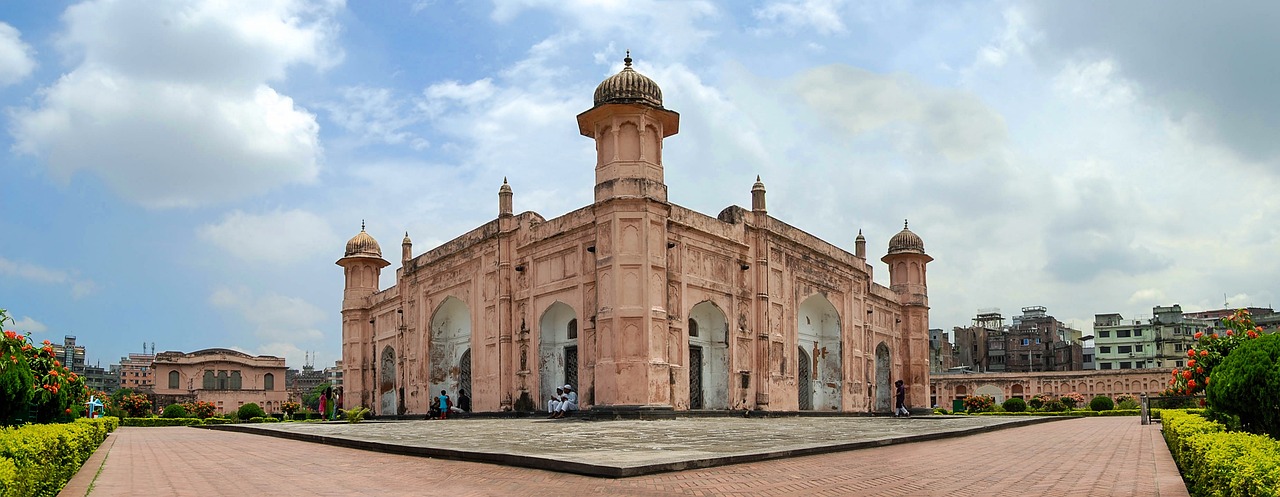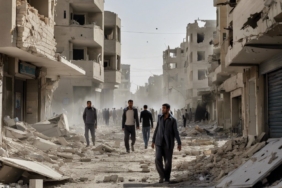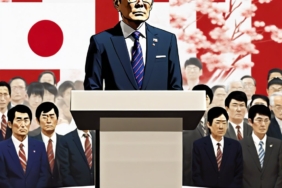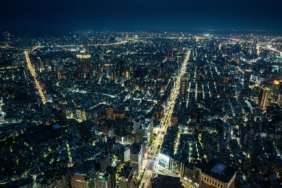Escalating Tensions in Bangladesh Amidst Renewed Protests
The government of Bangladesh has reintroduced a curfew on Sunday and imposed restrictions on cellular communications as violent clashes during nationwide protests have resulted in the tragic deaths of over a dozen individuals. The situation has become increasingly volatile following the resurgence of student demonstrations, ignited by a deadly government crackdown late last month. Prime Minister Sheikh Hasina’s ruling party has also called on its supporters to take to the streets, plunging the country of over 170 million people into a particularly perilous phase.
According to local news reports, at least 20 people were killed on Sunday alone, contributing to a grim tally of more than 200 fatalities during the crackdown on protests in July. Coordinators of the student protests have claimed that Sunday’s death toll exceeded 50, although this figure has not been independently verified.
What began as a peaceful demonstration by students last month, addressing grievances over a preferential quota system for public-sector jobs, has morphed into a widespread outpouring of anger directed at Ms. Hasina’s increasingly authoritarian governance and her handling of the economy. While the crackdown, which included the arrests of over 10,000 individuals and the filing of police cases against tens of thousands more, temporarily dispersed the protesters, the demonstrations have regained momentum since Friday.
The protesters’ outrage over the more than 200 deaths has solidified their demands to a singular focus: during a rally attended by tens of thousands on Saturday, they called for the resignation of Ms. Hasina, who has held power for 15 years. In reaction to the resignation demand, her Awami League party mobilized its supporters to engage in counterprotests, escalating the already tense situation that unfolded on Sunday.
In a statement released to the media on Sunday amidst the implementation of internet restrictions, leaders of the student movement urged for the continuation of protests without interruption. “If there is an internet crackdown, if we are disappeared, arrested, or killed, and if there is no one left to make announcements, everyone should continue to occupy the streets and maintain peaceful noncooperation until the government falls in response to our singular demand,” stated Nahid Islam, one of the leaders of the movement.
As chaos escalates, with both the protesters and Ms. Hasina’s governing party firmly entrenched in their positions, opposition parties are seizing the opportunity to intensify their criticism. All eyes are now on the military, which has historically played a crucial role in the political landscape of Bangladesh. During the crackdown in July, the army and other security forces were deployed; however, the army’s chief, General Waker-uz-Zaman, convened a meeting with senior officers on Saturday. This meeting was perceived as an effort to address rising concerns regarding the army’s stance in the ongoing crisis and to reaffirm its neutrality.
In a statement released following the meeting, the army emphasized that “the Bangladesh Army will always stand by the people in the interest of the public and in any need of the state.” The unfolding situation remains precarious, with the potential for further violence looming as the demands for change continue to resonate throughout the nation.
